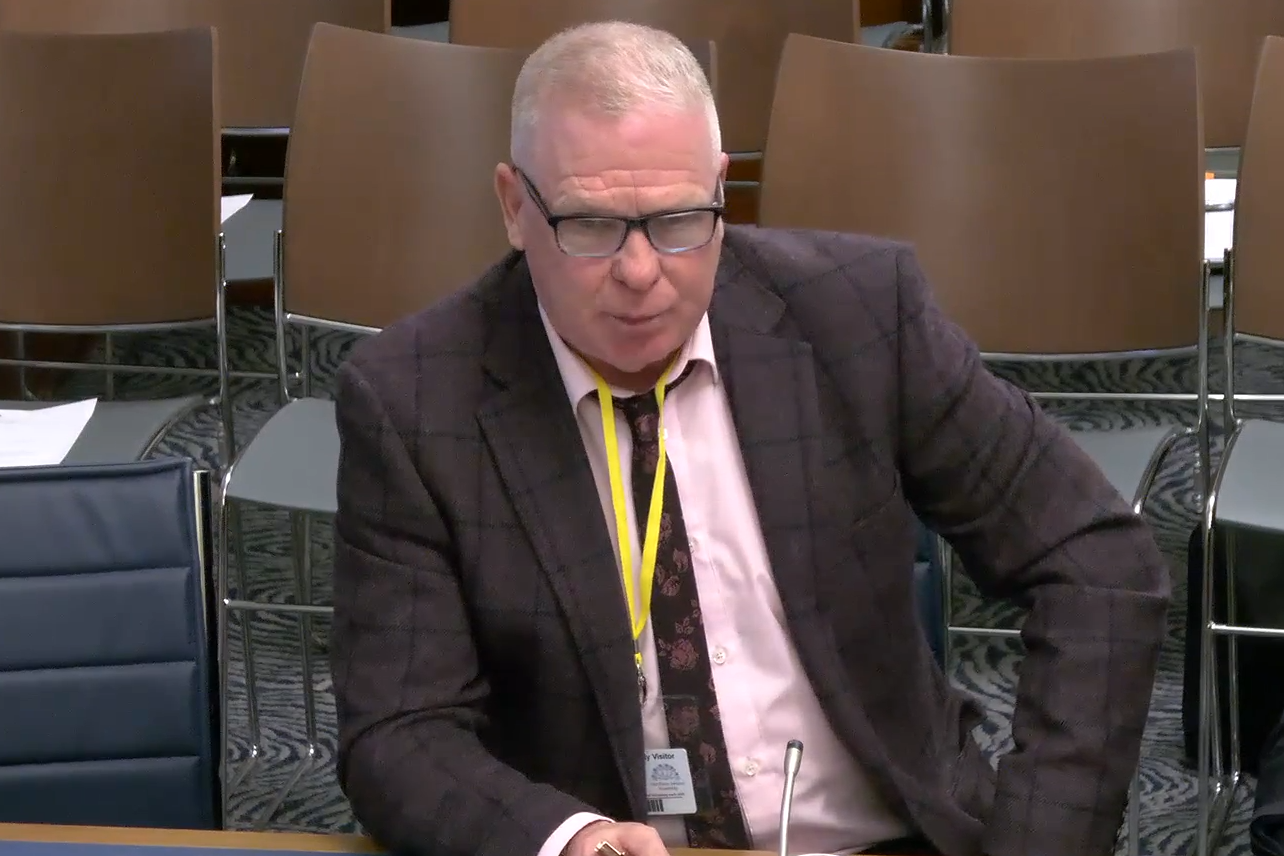Victims of abuse at state-run institutions ‘forgotten about’, says campaigner
Cyril Glass of the group Survivors Together was appearing before the Executive Office committee.

Your support helps us to tell the story
From reproductive rights to climate change to Big Tech, The Independent is on the ground when the story is developing. Whether it's investigating the financials of Elon Musk's pro-Trump PAC or producing our latest documentary, 'The A Word', which shines a light on the American women fighting for reproductive rights, we know how important it is to parse out the facts from the messaging.
At such a critical moment in US history, we need reporters on the ground. Your donation allows us to keep sending journalists to speak to both sides of the story.
The Independent is trusted by Americans across the entire political spectrum. And unlike many other quality news outlets, we choose not to lock Americans out of our reporting and analysis with paywalls. We believe quality journalism should be available to everyone, paid for by those who can afford it.
Your support makes all the difference.Victims of abuse at state-run institutions feel forgotten about, a Stormont committee has heard.
Cyril Glass of the group Survivors Together appeared for the first time at the Executive Office committee.
He told MLAs that he felt most of the focus following the Historical Institutional Abuse Inquiry was on homes run by religious orders and organisations.
Survivors Together was formed because we felt that we didn't really have a voice for what would be seen as state-run institutions ... predominantly Protestants seemingly forgotten about
The inquiry found evidence of violent and sexual abuse at a number of state-run institutions, including the former Millisle Borstal in Co Down and Kincora Boys’ Home in east Belfast.
“Survivors Together was formed because we felt that we didn’t really have a voice for what would be seen as state-run institutions … predominantly Protestants seemingly forgotten about,” he told MLAs.
“I’ve had members of my group come to me and say things like, ‘Whiteabbey Training School, no-one knows about us’, and other training schools, Rathgael Training School, Millisle Borstal, Hydebank, different places, just simply forgotten about.
“Most people that know about institutional childhood abuse think about the Catholic Church, they don’t think about the state, what the state have done, and we feel like we’re forgotten about. We’re very concerned about that.”
Mr Glass was also critical of a public apology to victims and survivors of historical institutional abuse issued in 2022 by Stormont ministers in the then absence of a first and deputy first minister.
“Survivors Together refused to go to the public apology, first of all because there was a review going on with the redress system at that time, and we also believed that government weren’t taking full responsibility,” he said.
“We would have preferred that the secretary of state made that apology.”